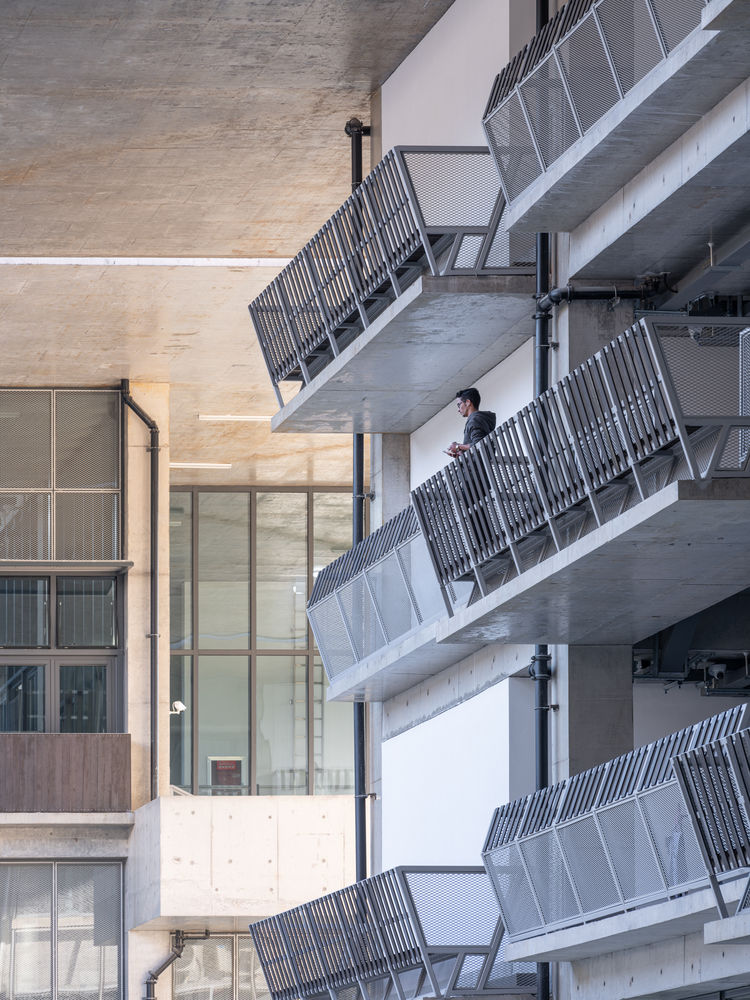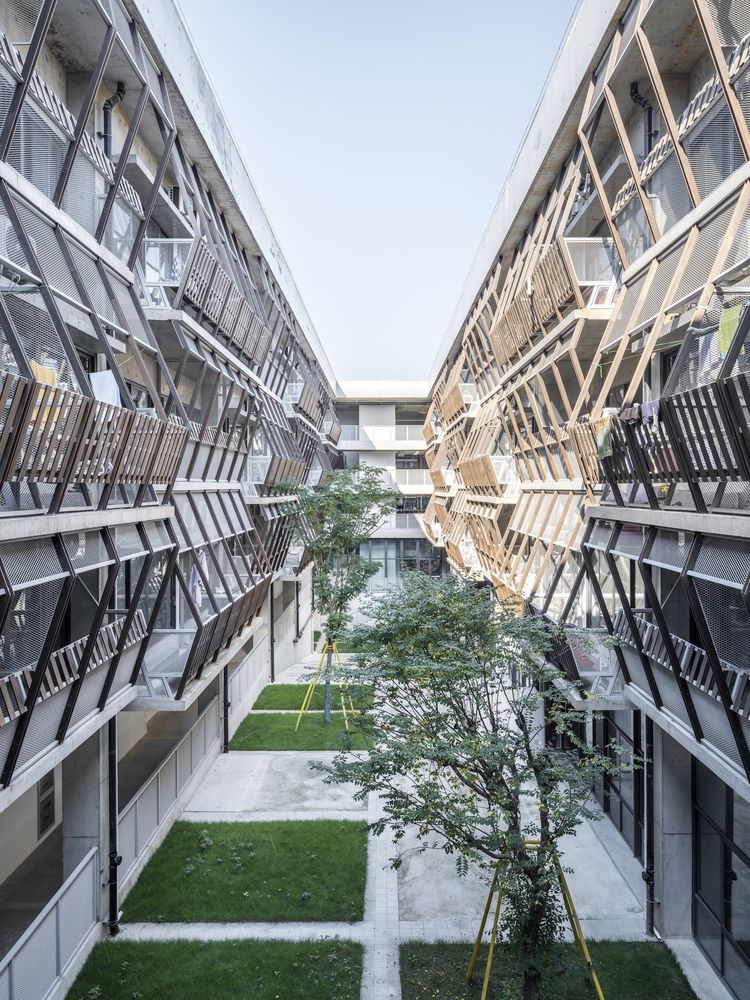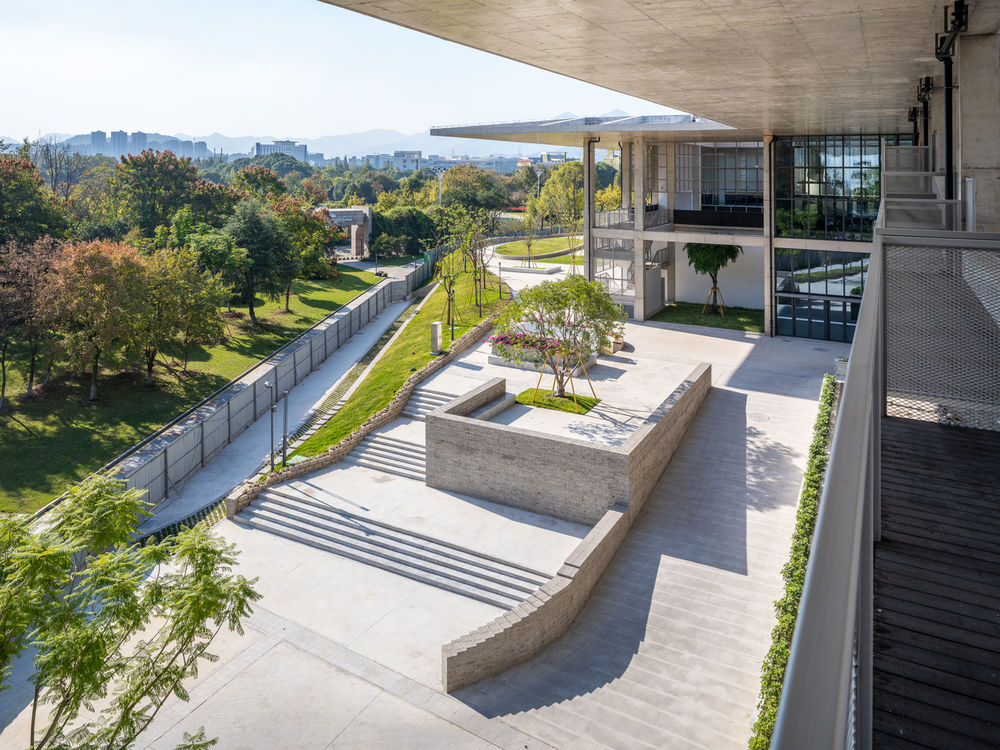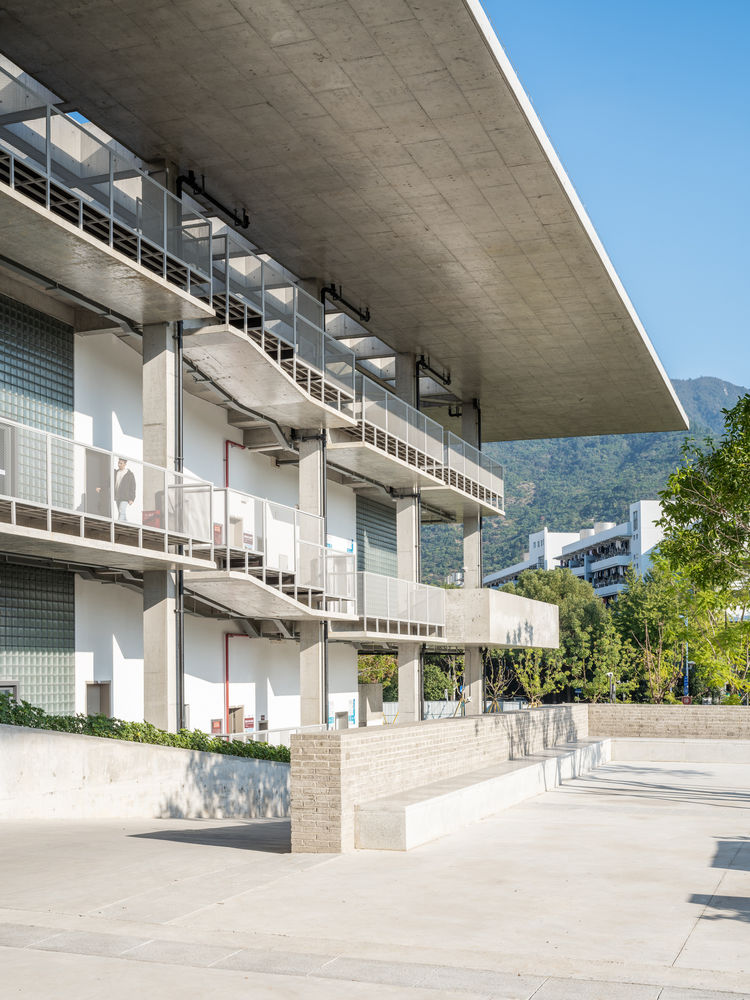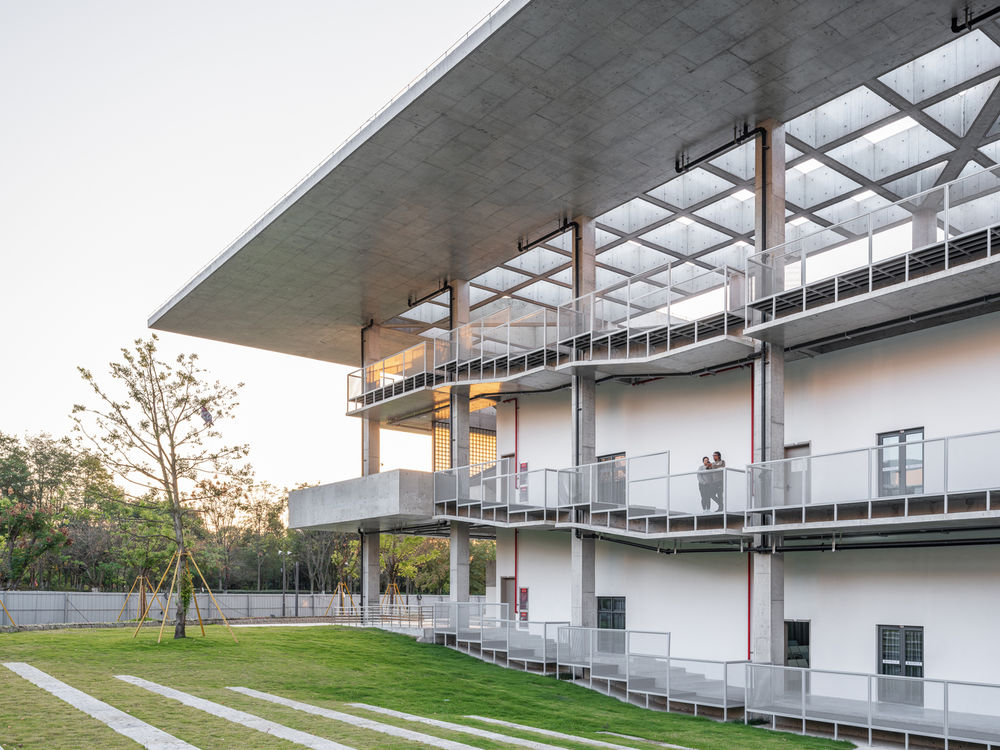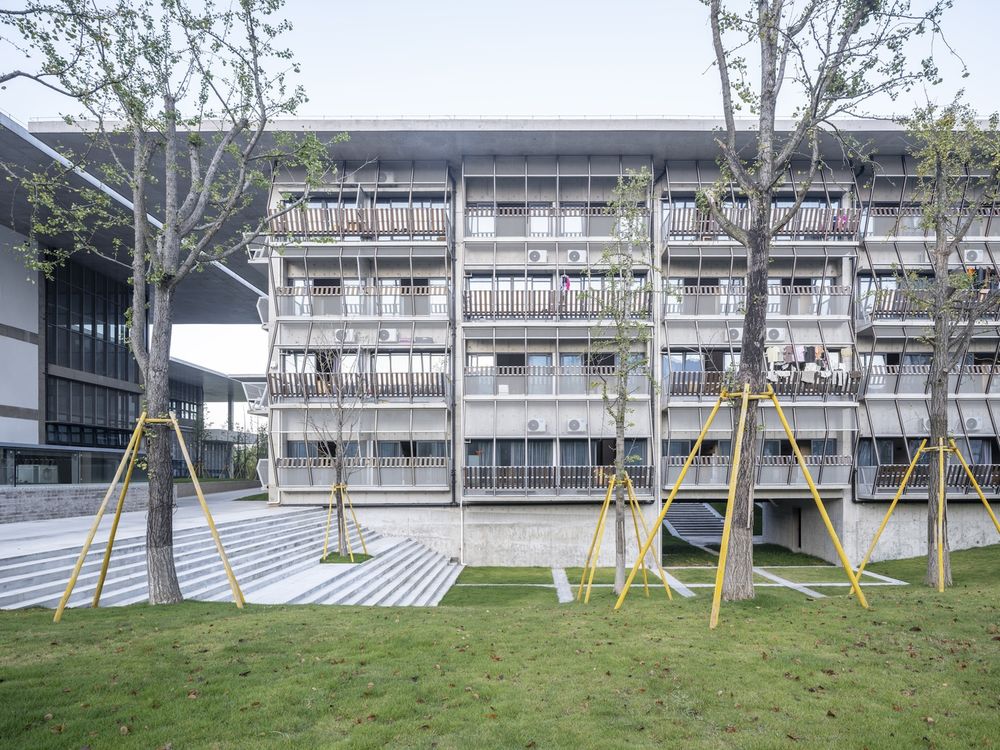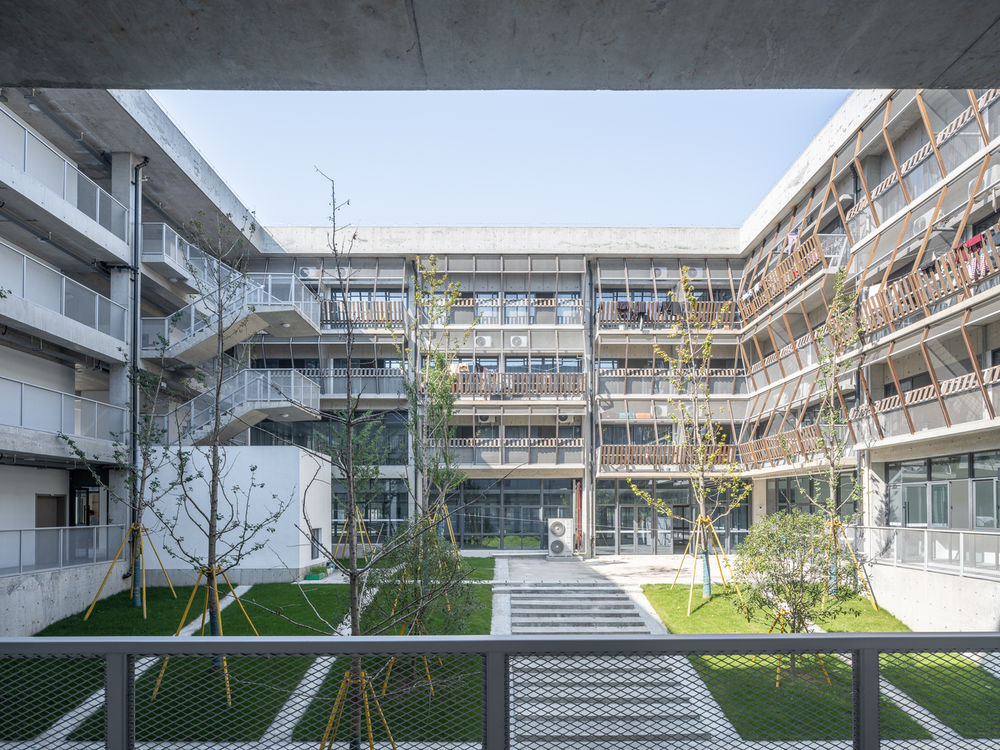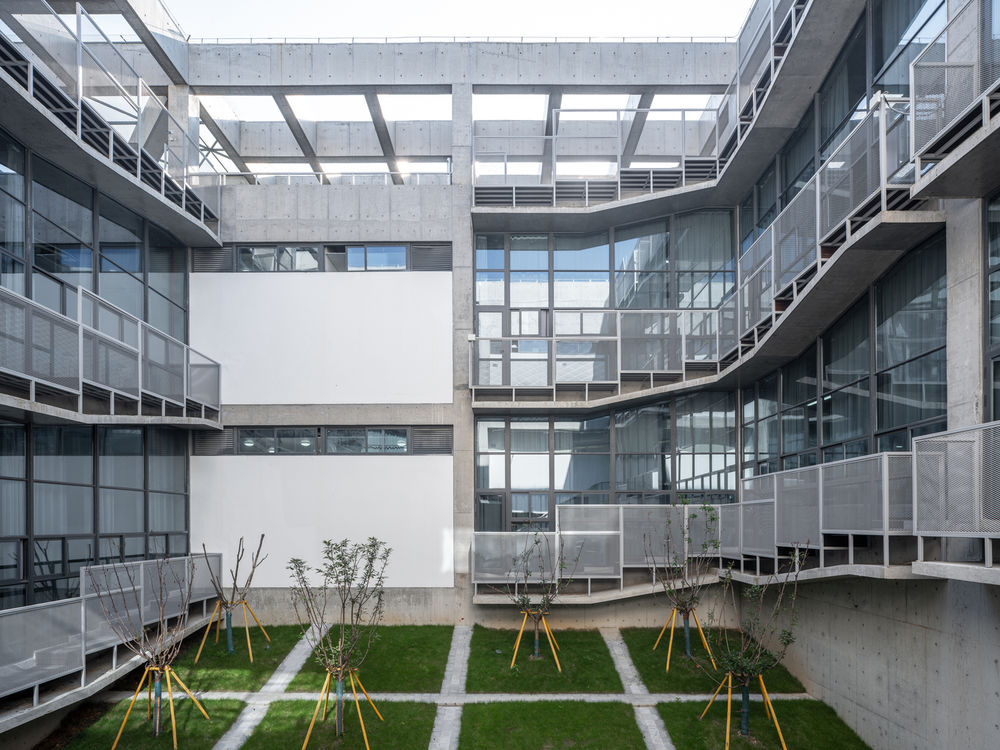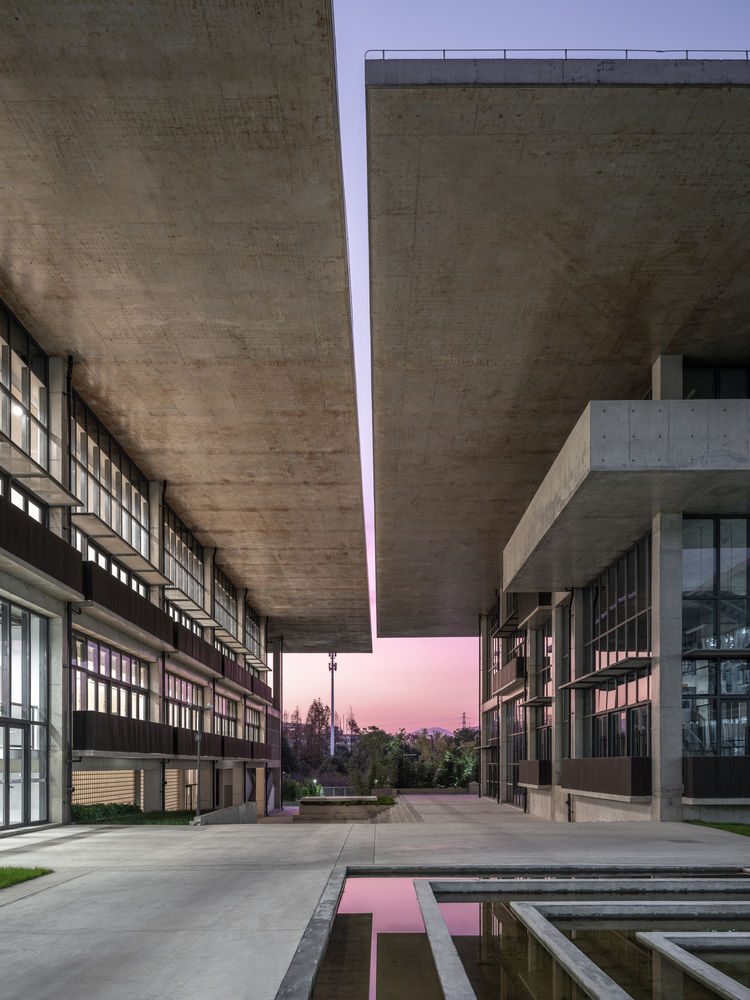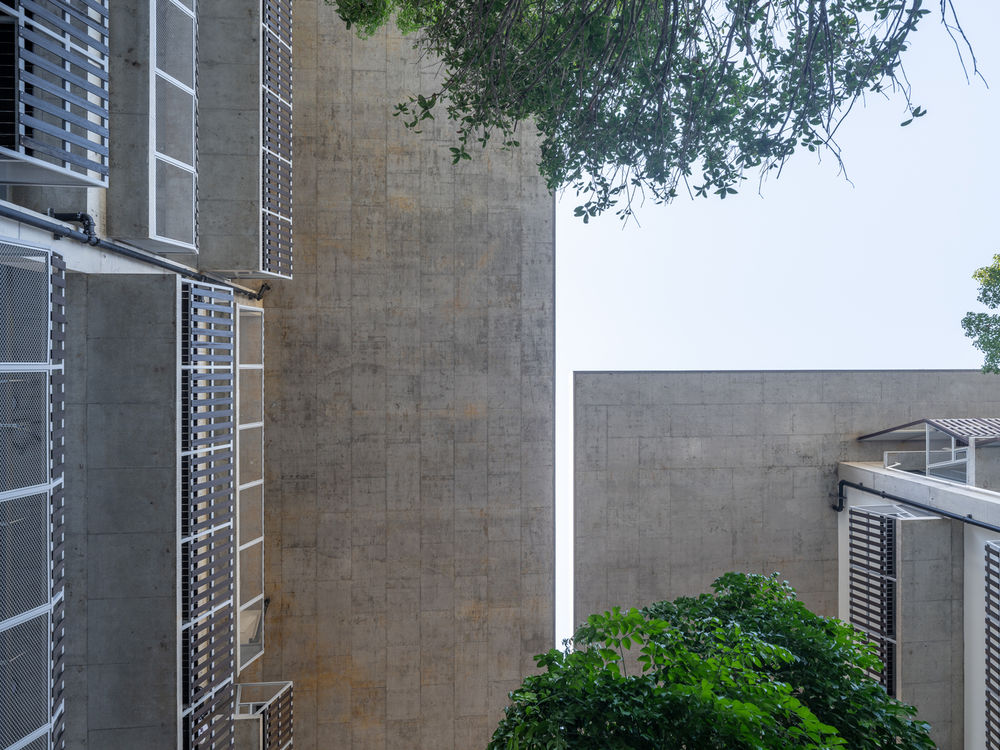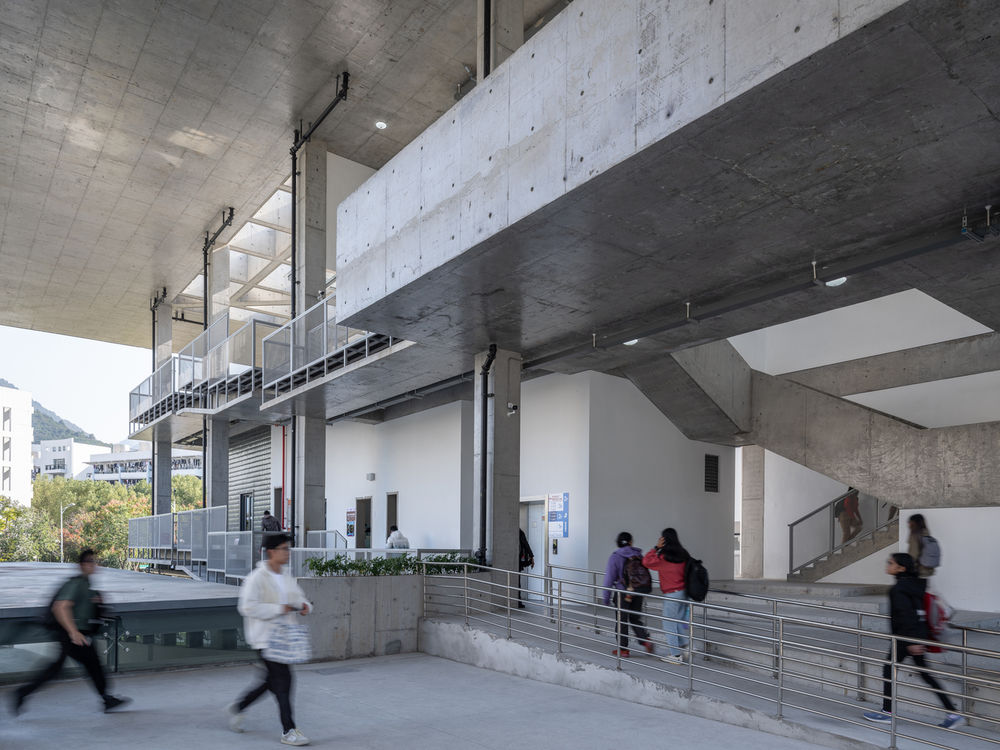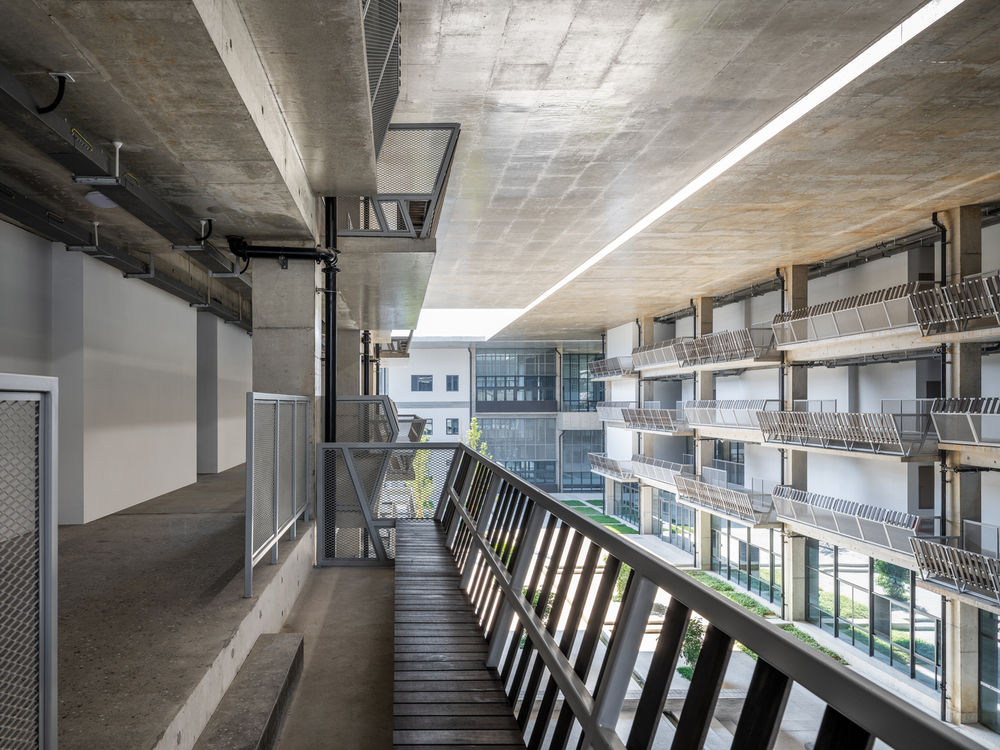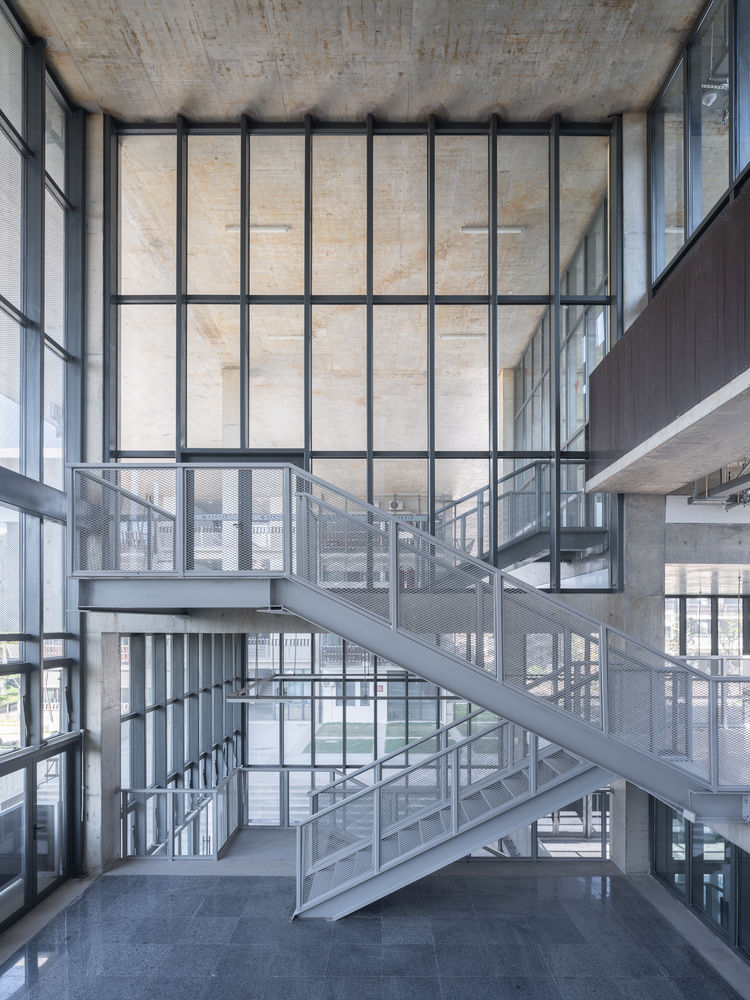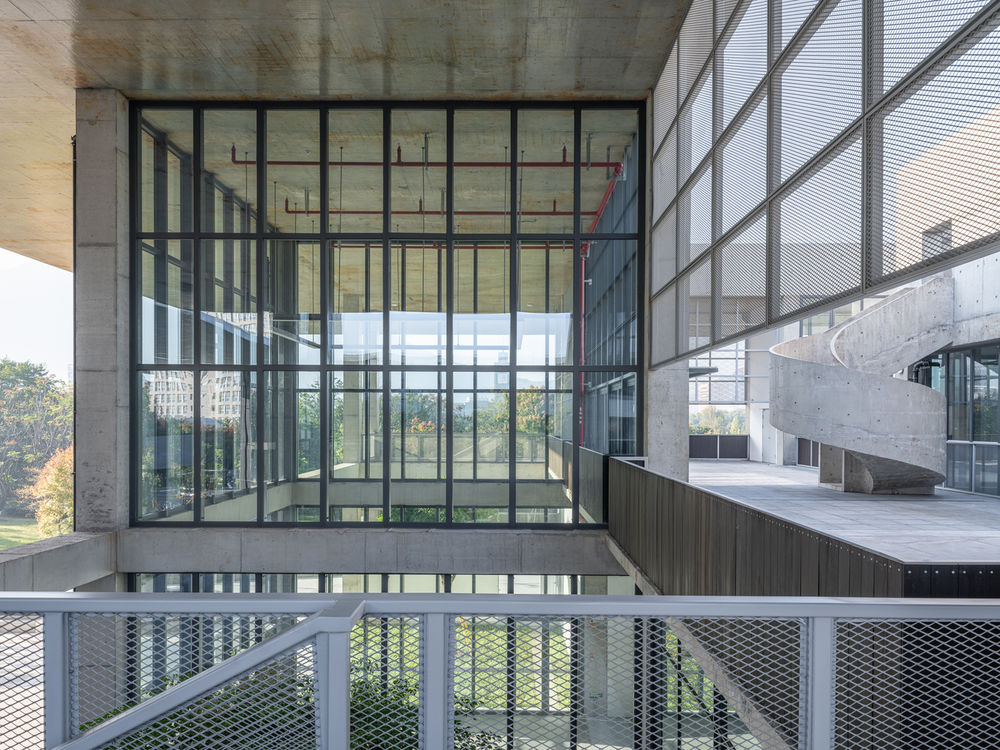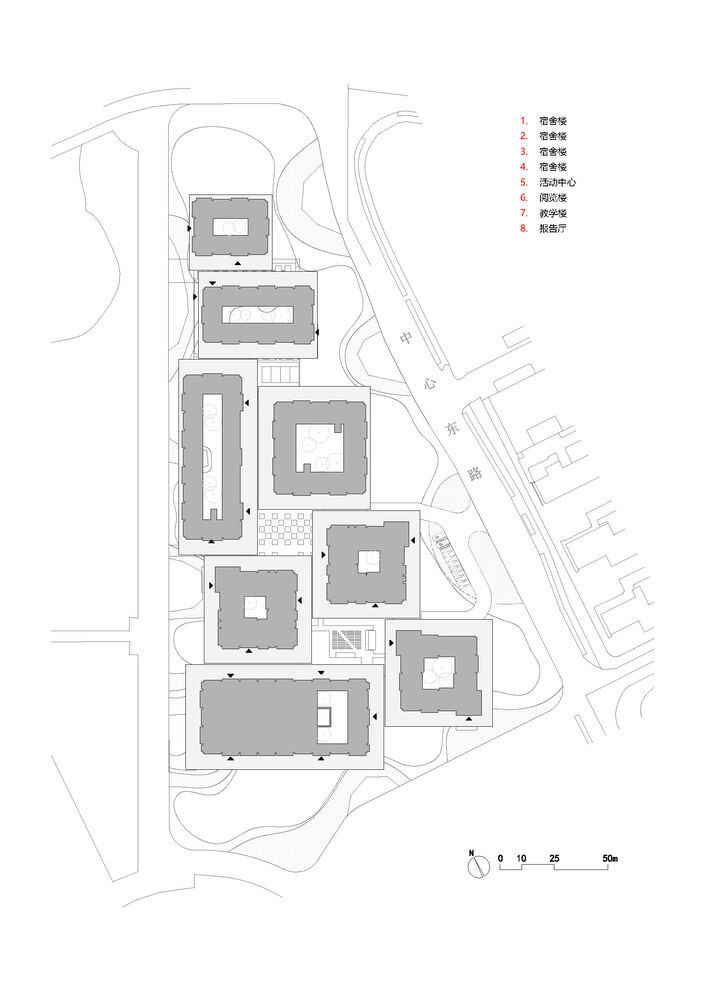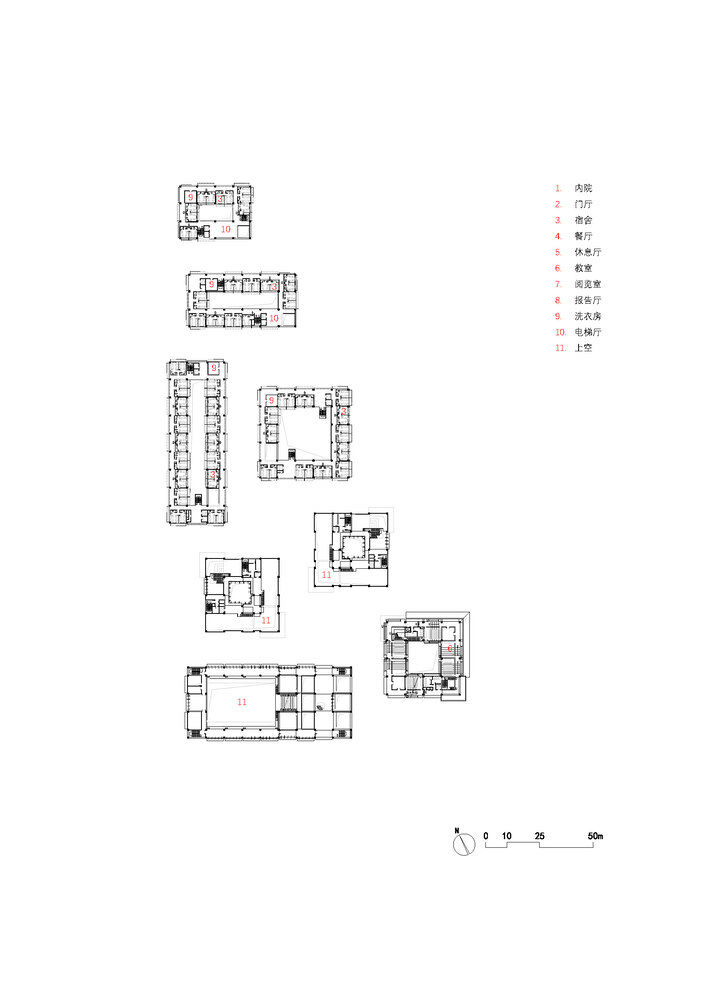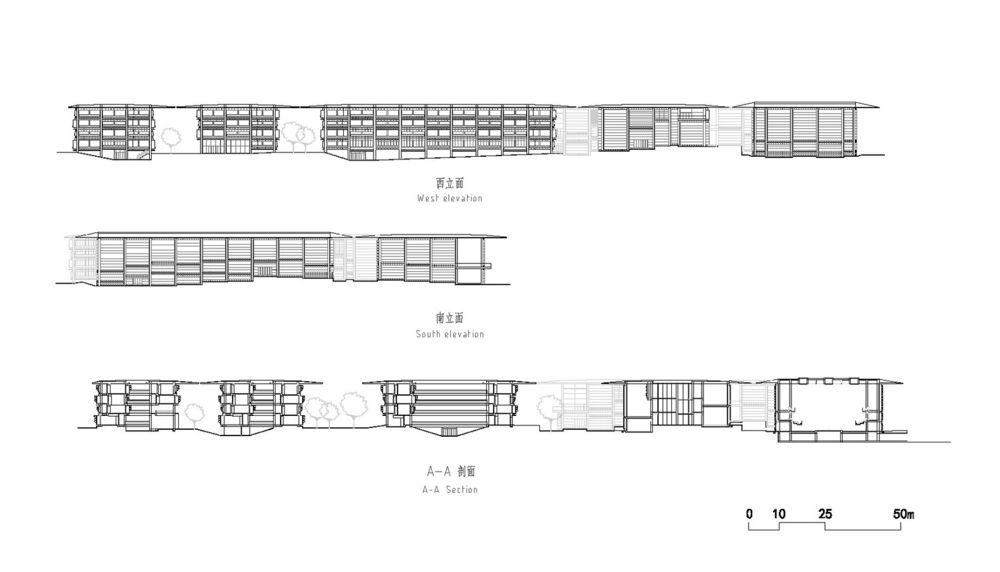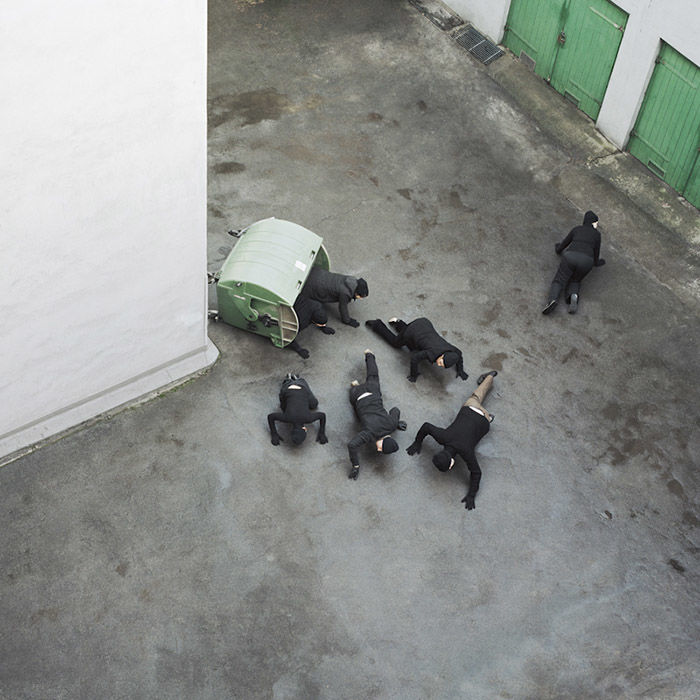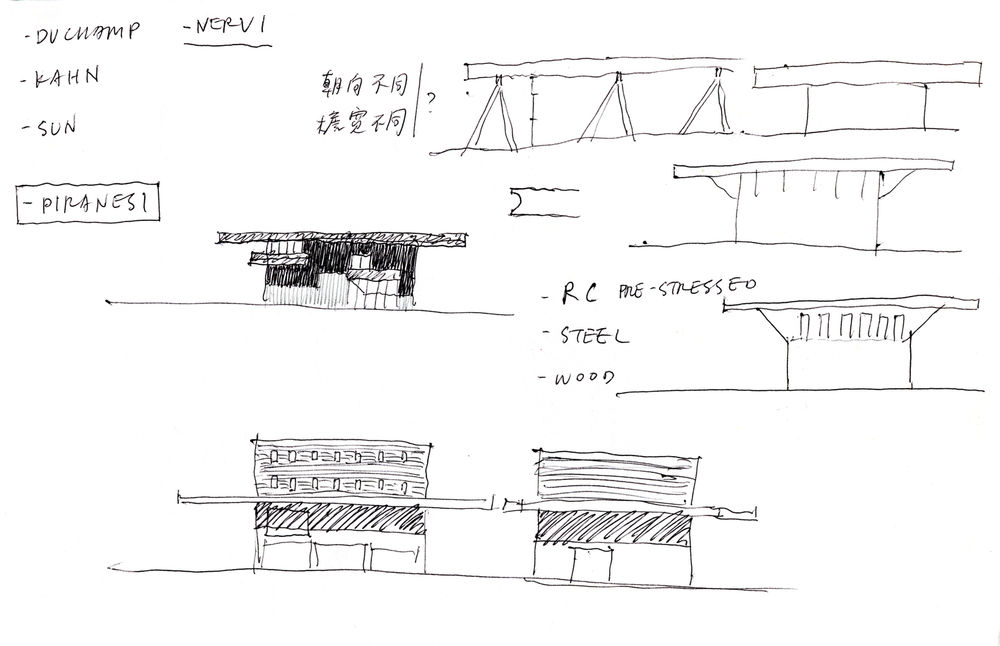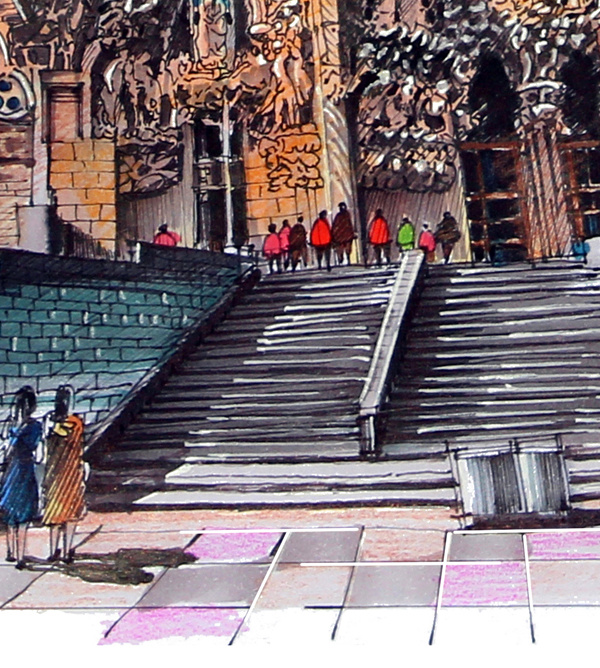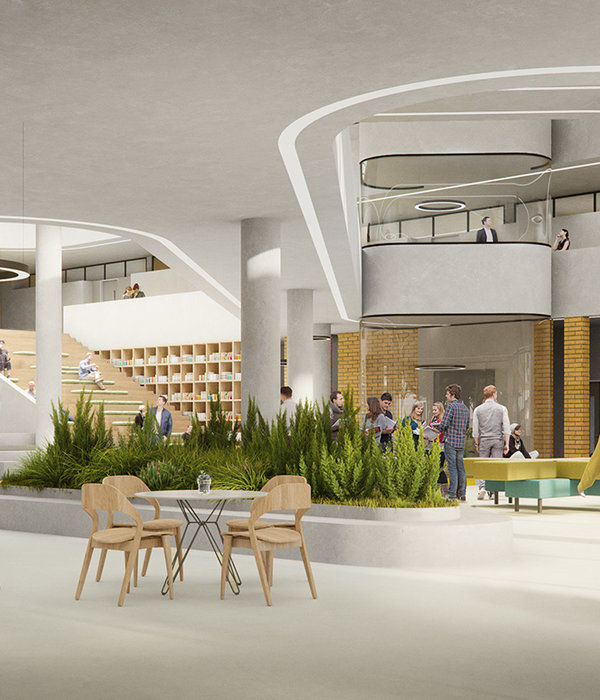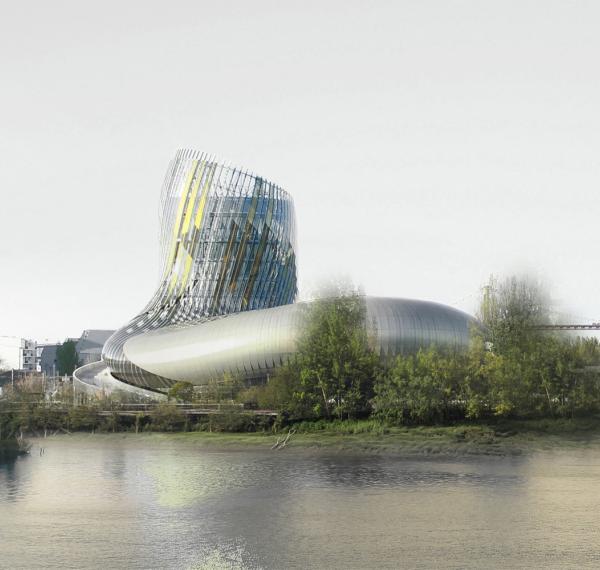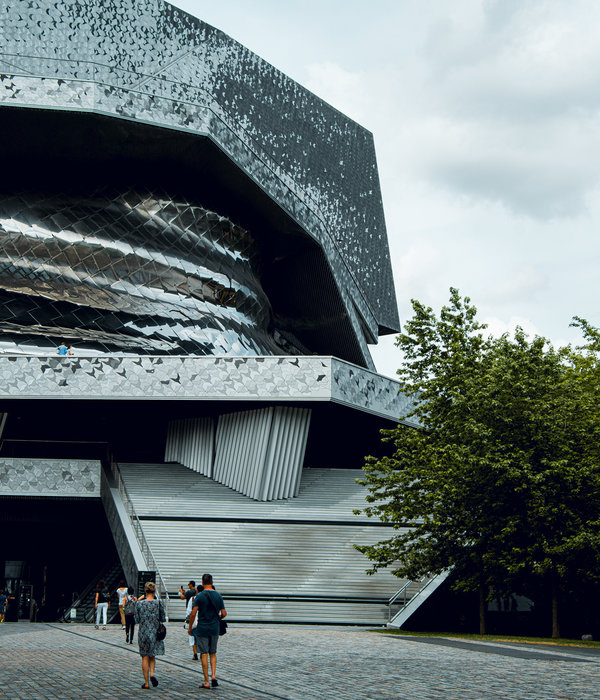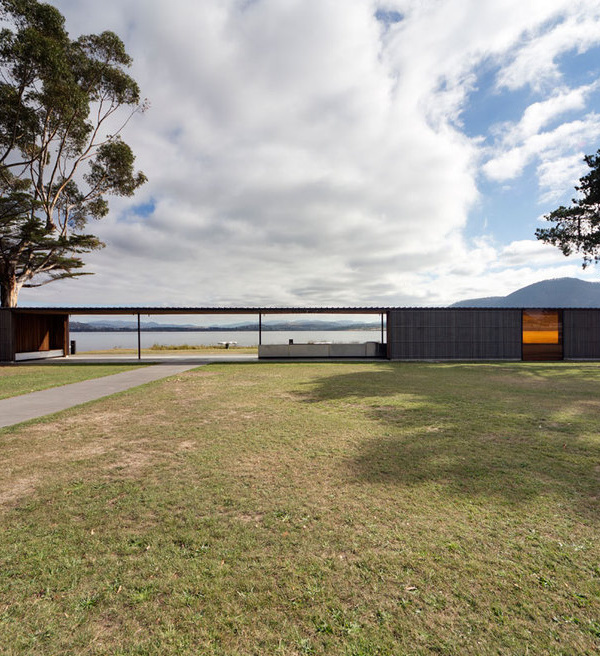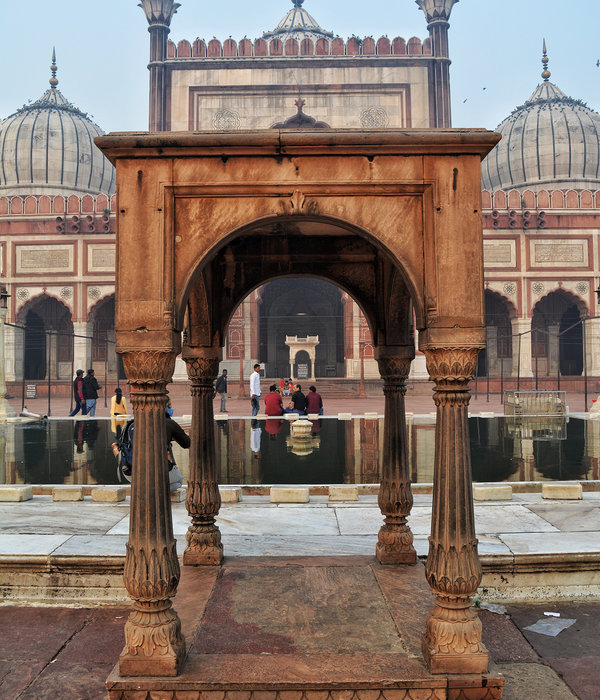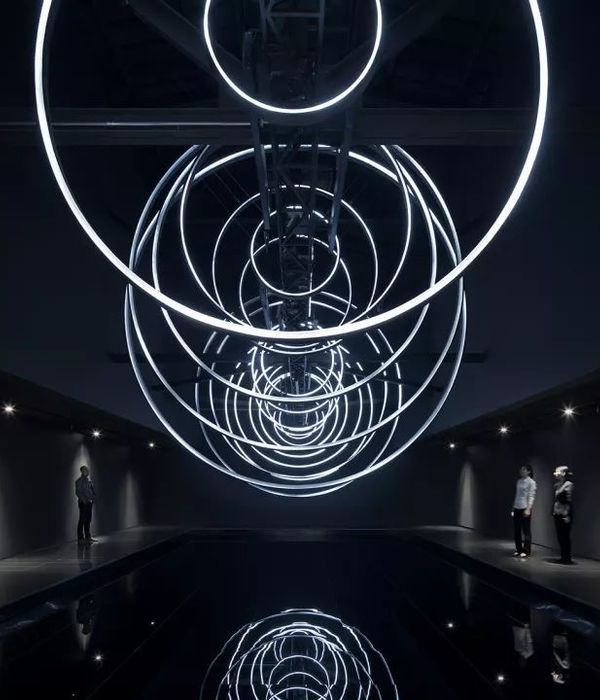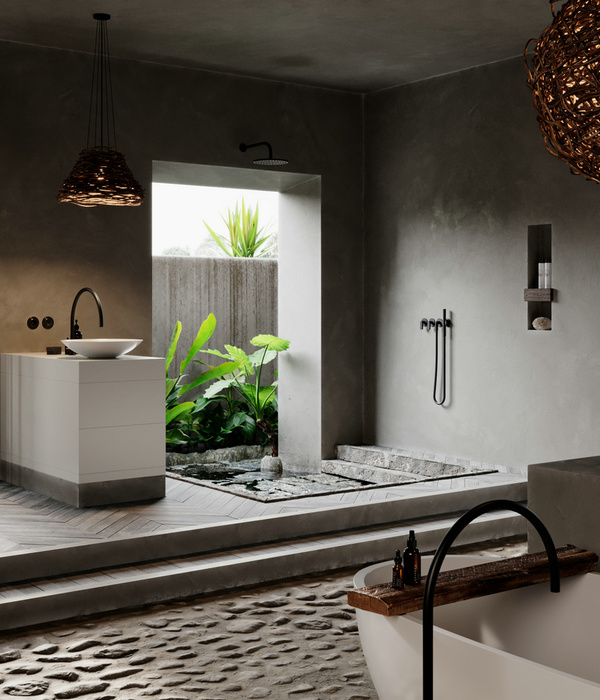温医大国际交流中心 | 融入自然的和谐设计
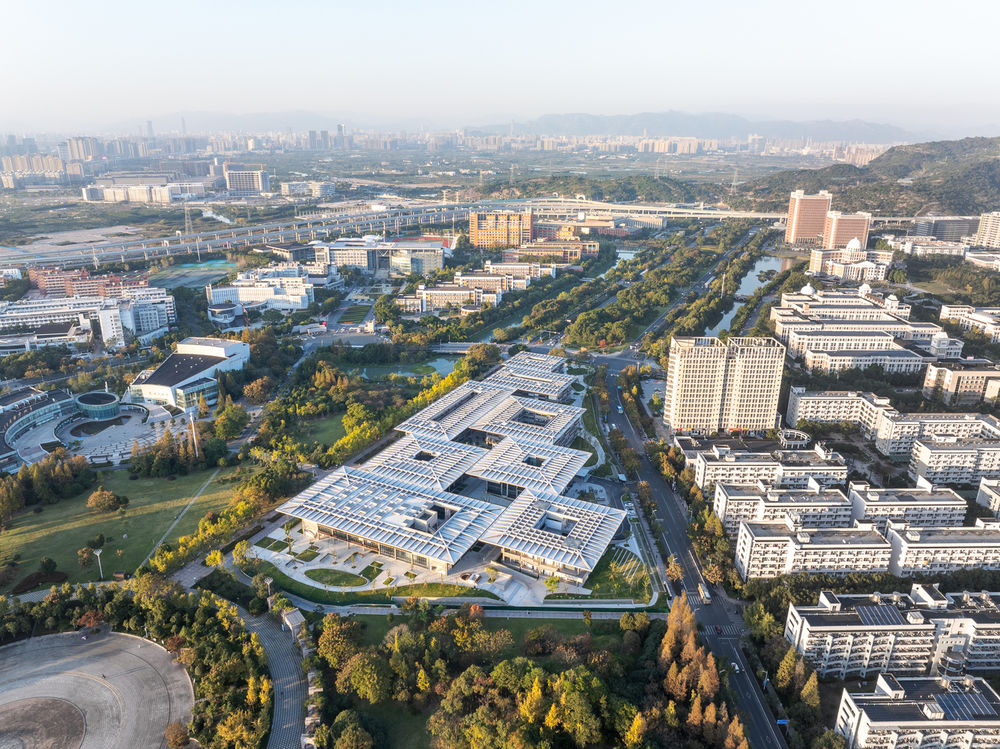

Wenzhou, a city that has a name hinting at a mild climate. This prompted us to imagine a more intimate connection between people and nature, emphasizing more outdoor activities and living specifically. The climatic context became the genesis for conceptualizing the Wenzhou Medical University International Exchange Center. The specific site, embraced by continuous tree canopies, makes a pleasing landscape.
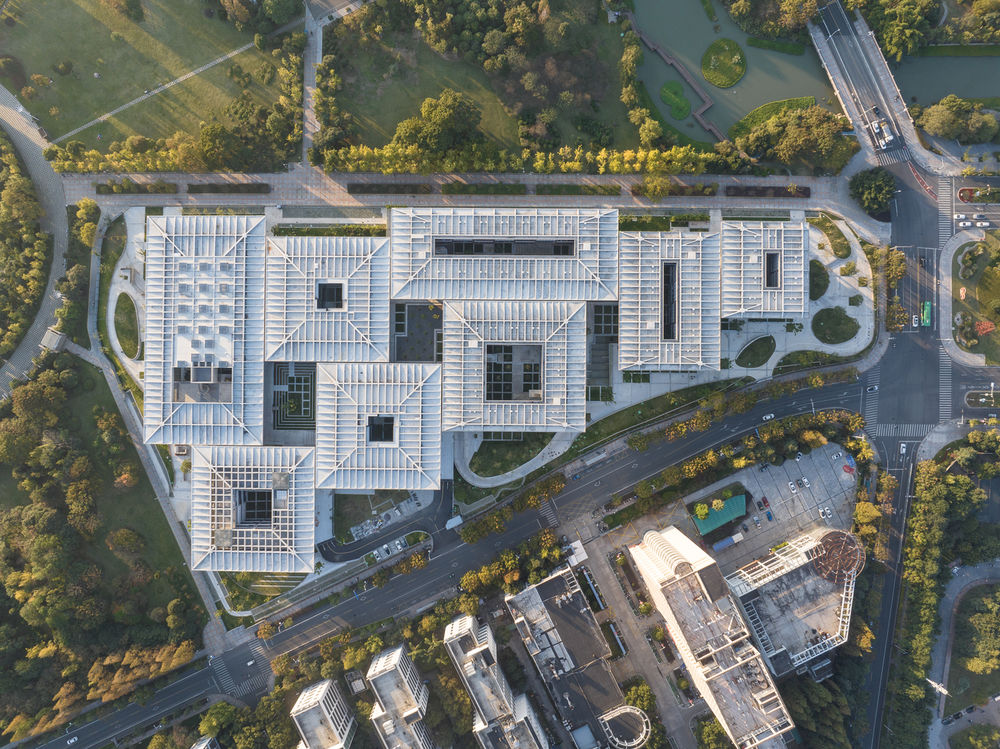
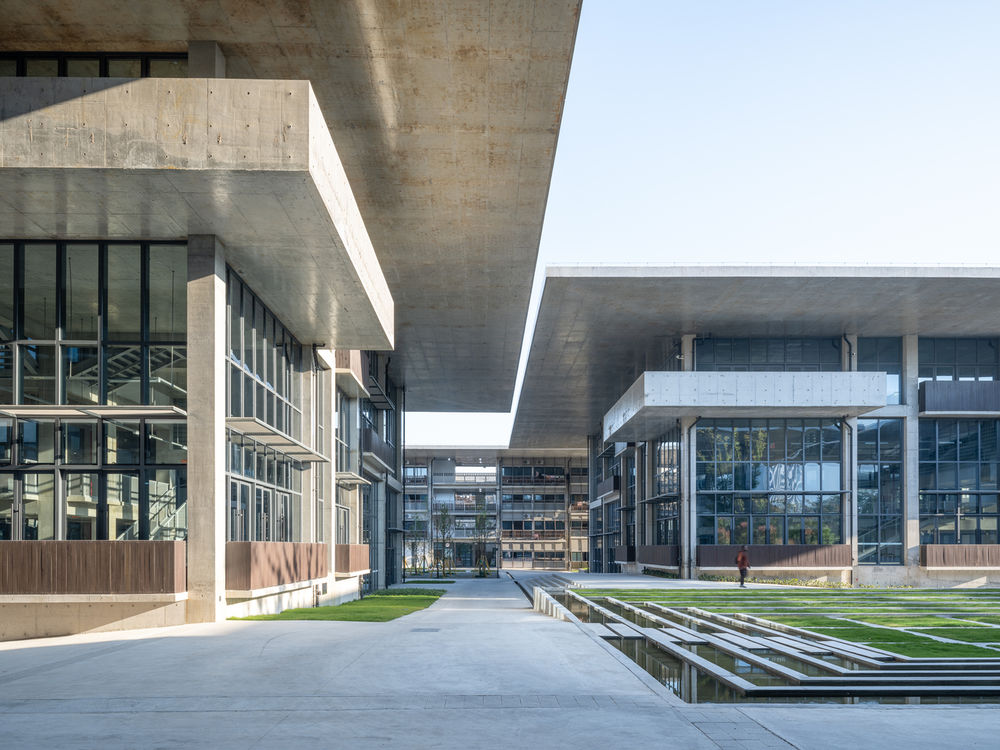
To push the notion of harmonizing architecture with nature, our foremost approach involved disassembling the content-rich exchange center into a unity of eight 4-story buildings. Each of these structures is dedicated to a specific purpose: Dormitories (4 blocks), Activity Center, Library, Teaching Building and Lecture Hall.
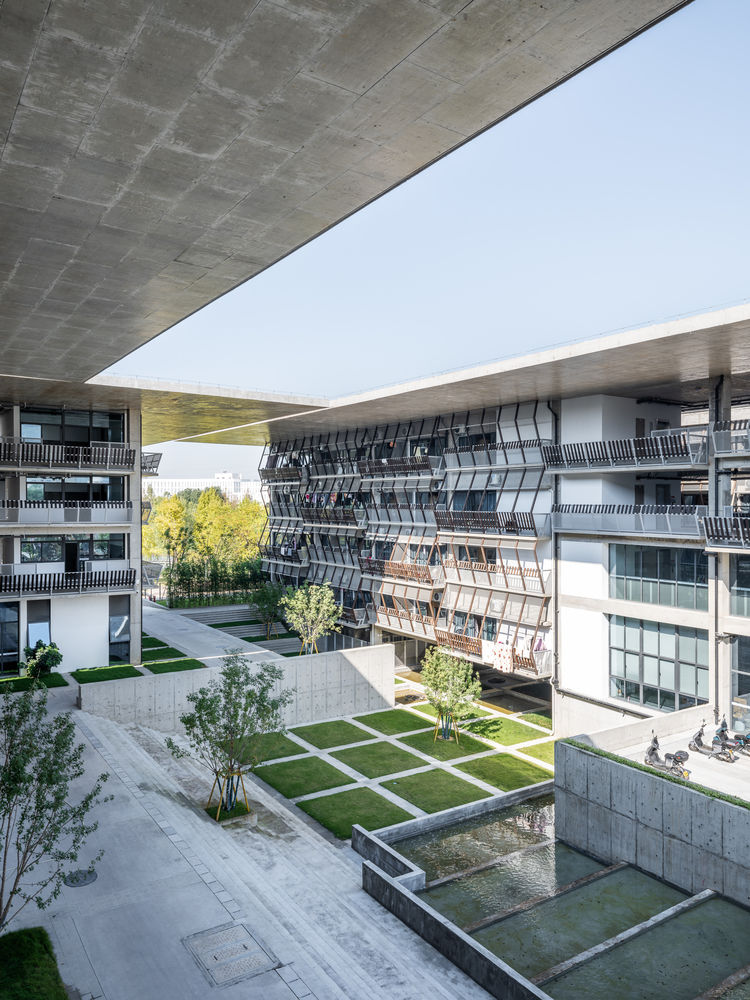
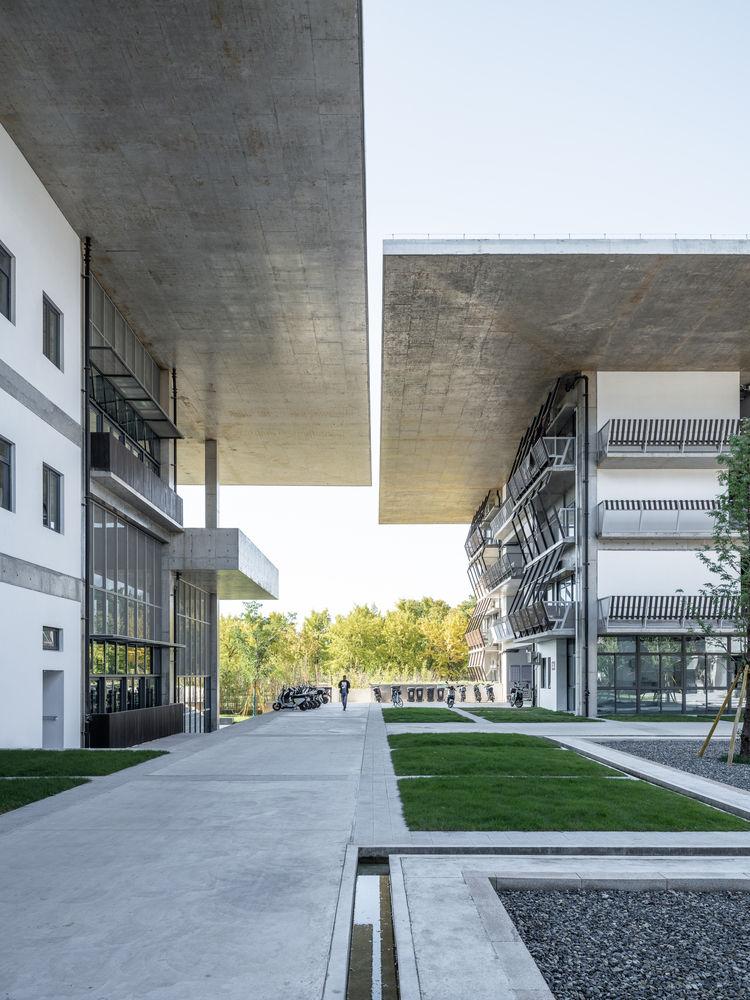
Subsequently, the typically closed-up building is broken, turning into a four-layered spatial arrangement from the center to the periphery: the central courtyard (outdoor), the air-conditioned zone (indoor), the veranda (semi-indoor), and the area under the overhang (semi-outdoor). The latter two layers serve as transitions between indoor and outdoor spaces, constituting a Gray Space. Shaded by projecting roofs and inheriting the traditional deep eaves from Chinese timber architecture, each building adopts an umbrella-inspired section with a 10m deep cantilever.
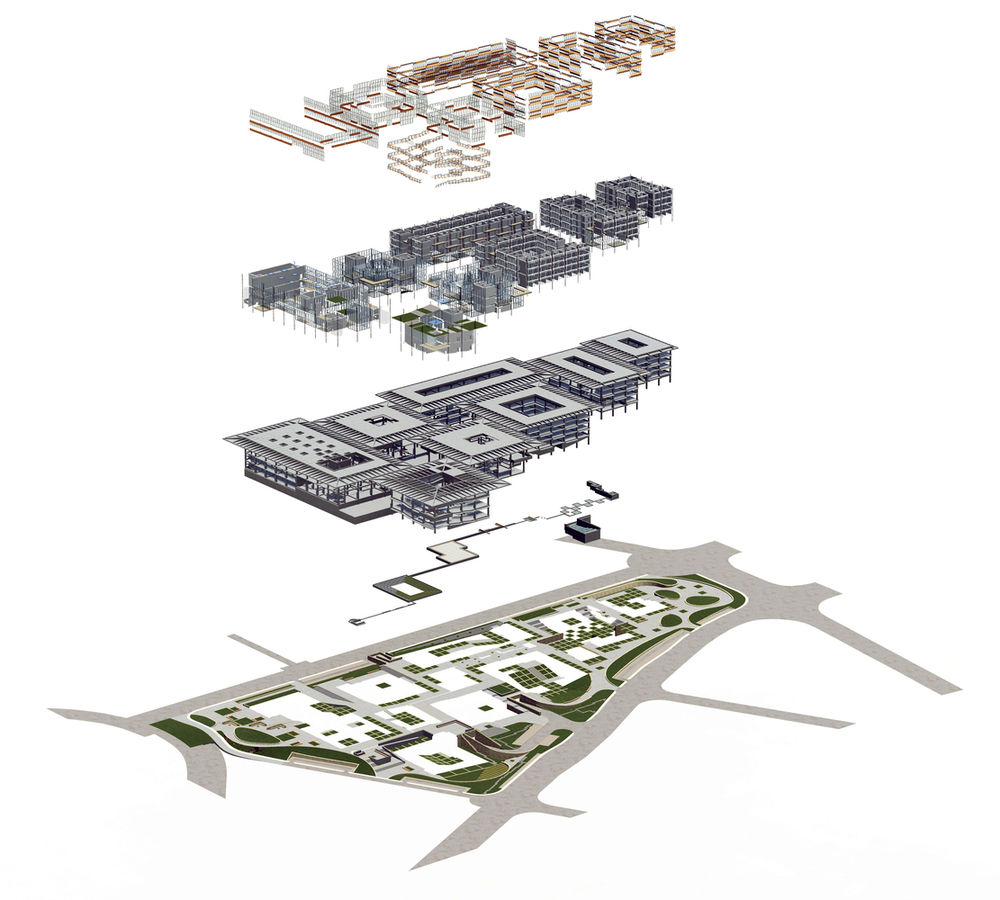
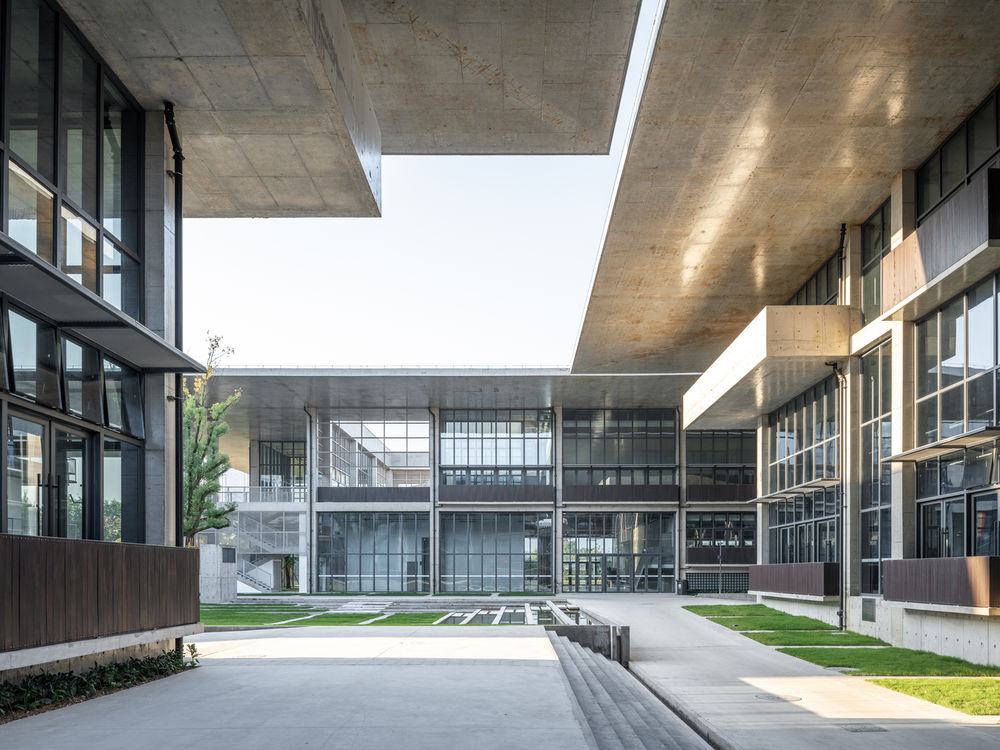

The roofs of the entire complex are thus joined into an abstract continuous "tree canopy" by aligning the eaves of the eight structures on the same plane. This canopy is only disrupted by three large courtyards - two enclosed on four sides and one on three – and with 50cm wide gaps between the 8 small-courtyard-punctured individual buildings. The 50cm wide "sky slit" admits sunlight or rainwater into the Gray Space, crafting a landscape that blends architectural and natural elements. The veranda space takes the shape of a series of open rooms, shielded from the weather by the deep eaves.
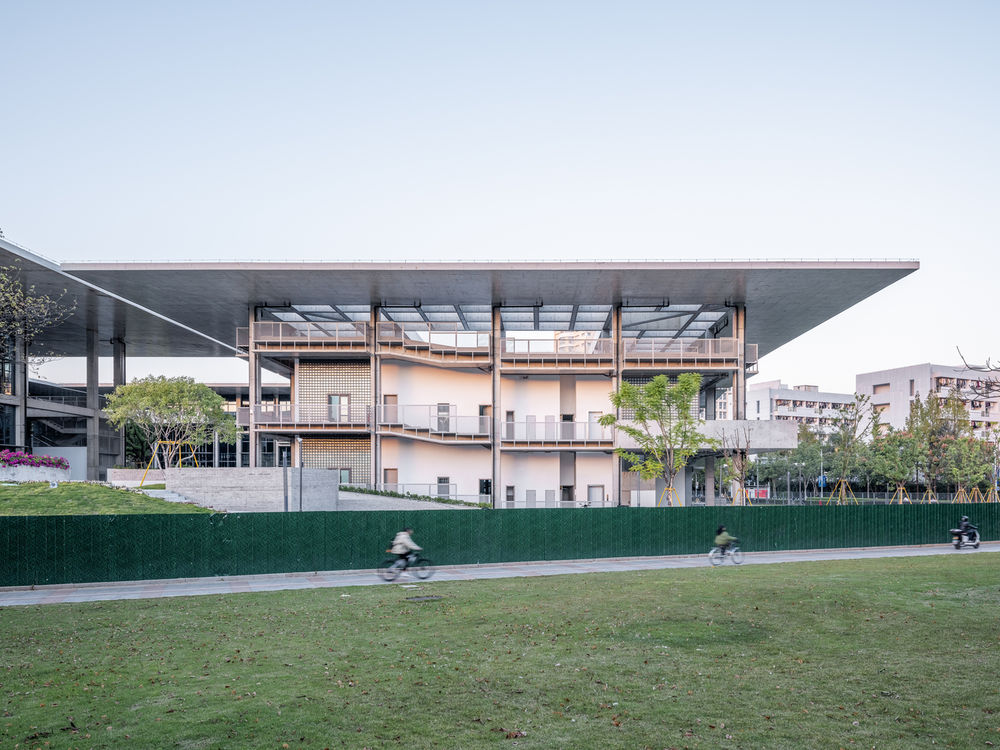
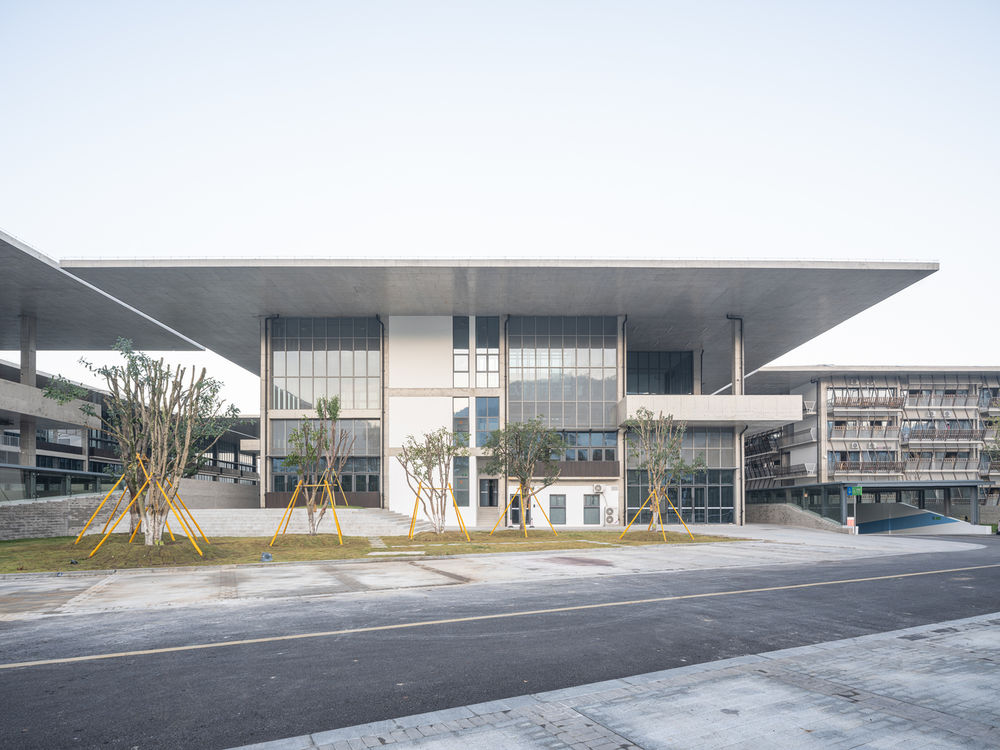
Students and educators can opt for suitable spaces for study, communication, or other activities amid diverse weather conditions. The substantial overhanging eaves between two blocks form an open-air hall, facilitating collective public events like concerts or sports activities. Through architectural creativity, we aim to entice Wenzhou Medical University's students and faculty to embrace a lifestyle with ambiguous indoor-outdoor boundaries, fostering a heightened awareness of their geographical surroundings. During the design phase, we gained insights from the ophthalmologists at Wenzhou Medical University that underscore the ocular health benefits of the natural light environment beneath tree canopies or eaves.
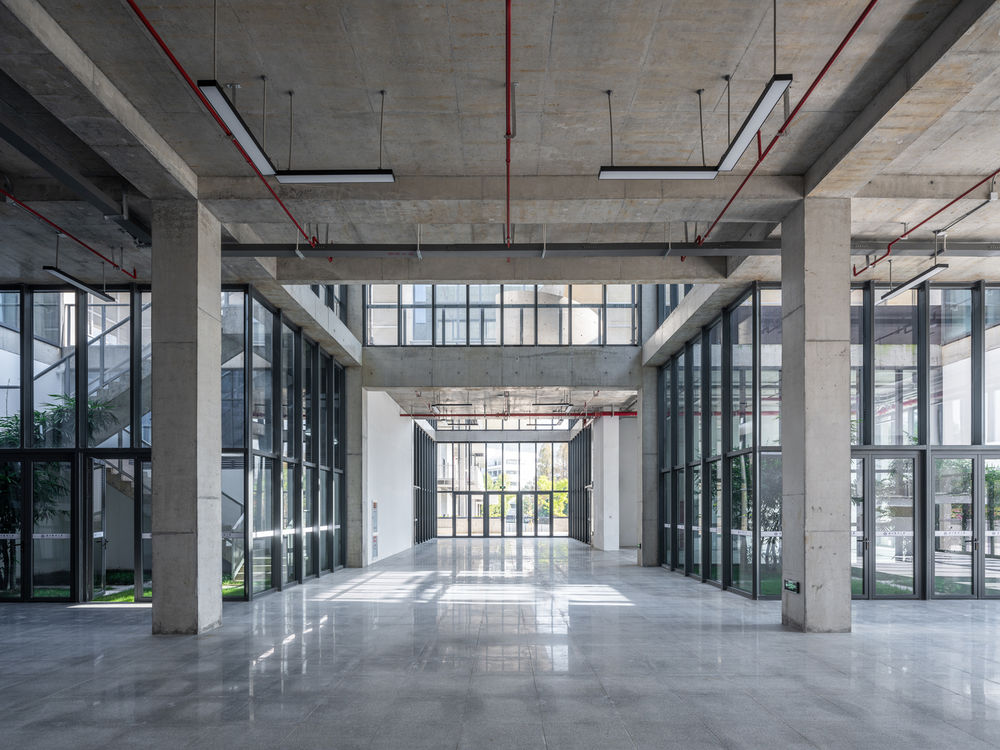
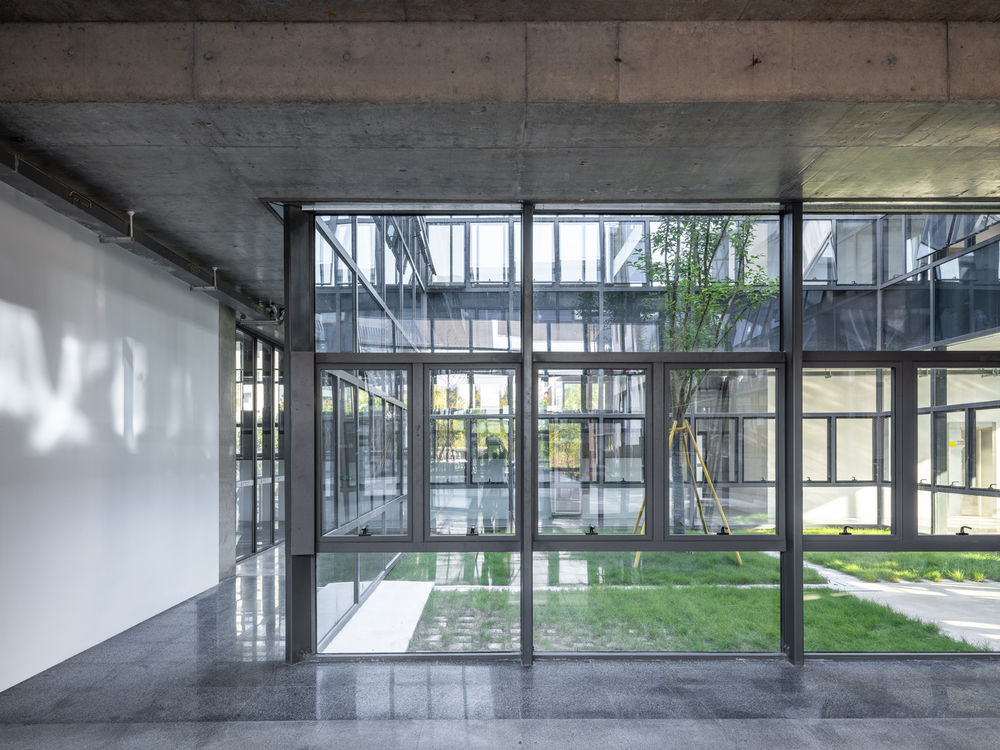
In this project, we embraced the widely adopted concrete frame system and retained the texture of the concrete surface.
